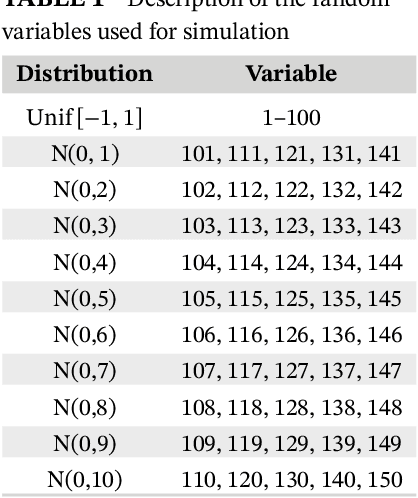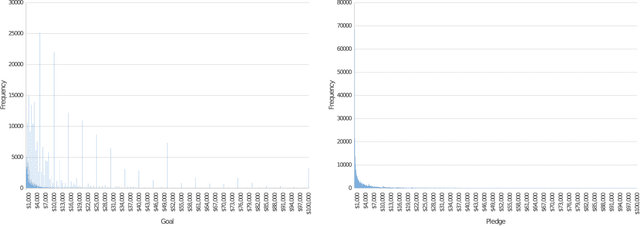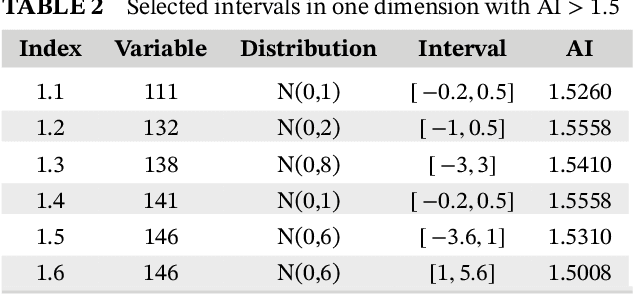Jean-Eudes Dazard
Mode hunting through active information
Nov 10, 2020



Abstract:We propose a new method to find modes based on active information. We develop an algorithm that, when applied to the whole space, will say whether there are any modes present \textit{and} where they are; this algorithm will reduce the dimensionality without resorting to Principal Components; and more importantly, population-wise, will not detect modes when they are not present.
* 12 pages
Unsupervised Bump Hunting Using Principal Components
Sep 30, 2014



Abstract:Principal Components Analysis is a widely used technique for dimension reduction and characterization of variability in multivariate populations. Our interest lies in studying when and why the rotation to principal components can be used effectively within a response-predictor set relationship in the context of mode hunting. Specifically focusing on the Patient Rule Induction Method (PRIM), we first develop a fast version of this algorithm (fastPRIM) under normality which facilitates the theoretical studies to follow. Using basic geometrical arguments, we then demonstrate how the PC rotation of the predictor space alone can in fact generate improved mode estimators. Simulation results are used to illustrate our findings.
 Add to Chrome
Add to Chrome Add to Firefox
Add to Firefox Add to Edge
Add to Edge